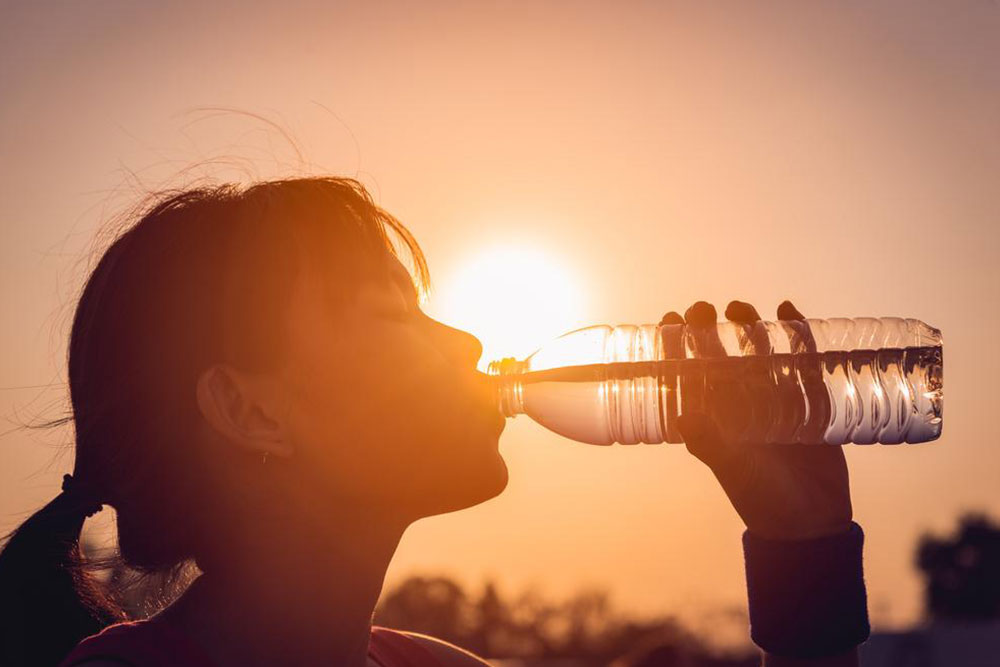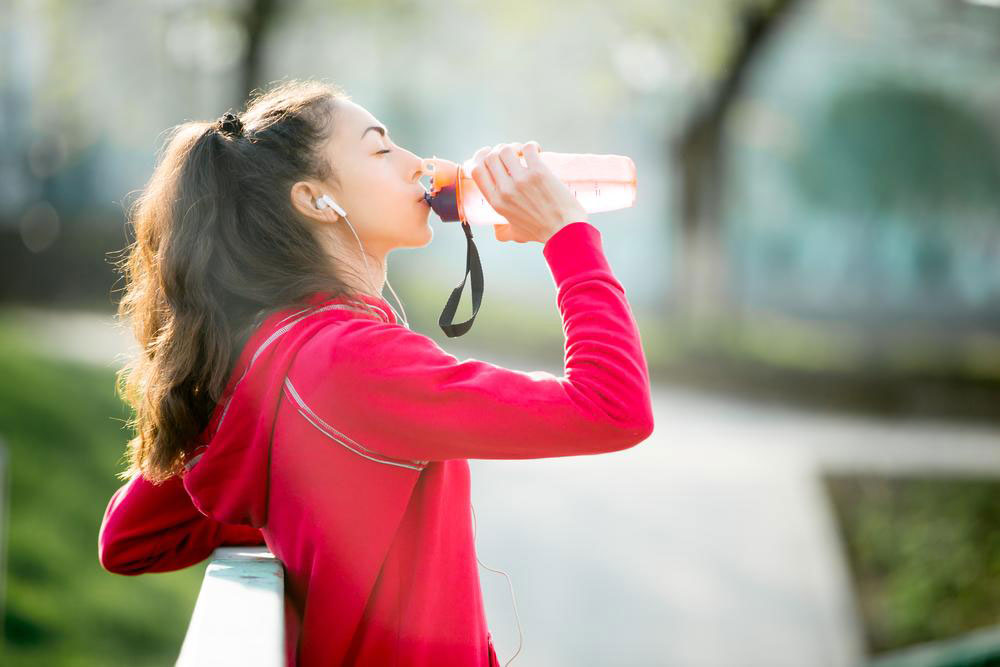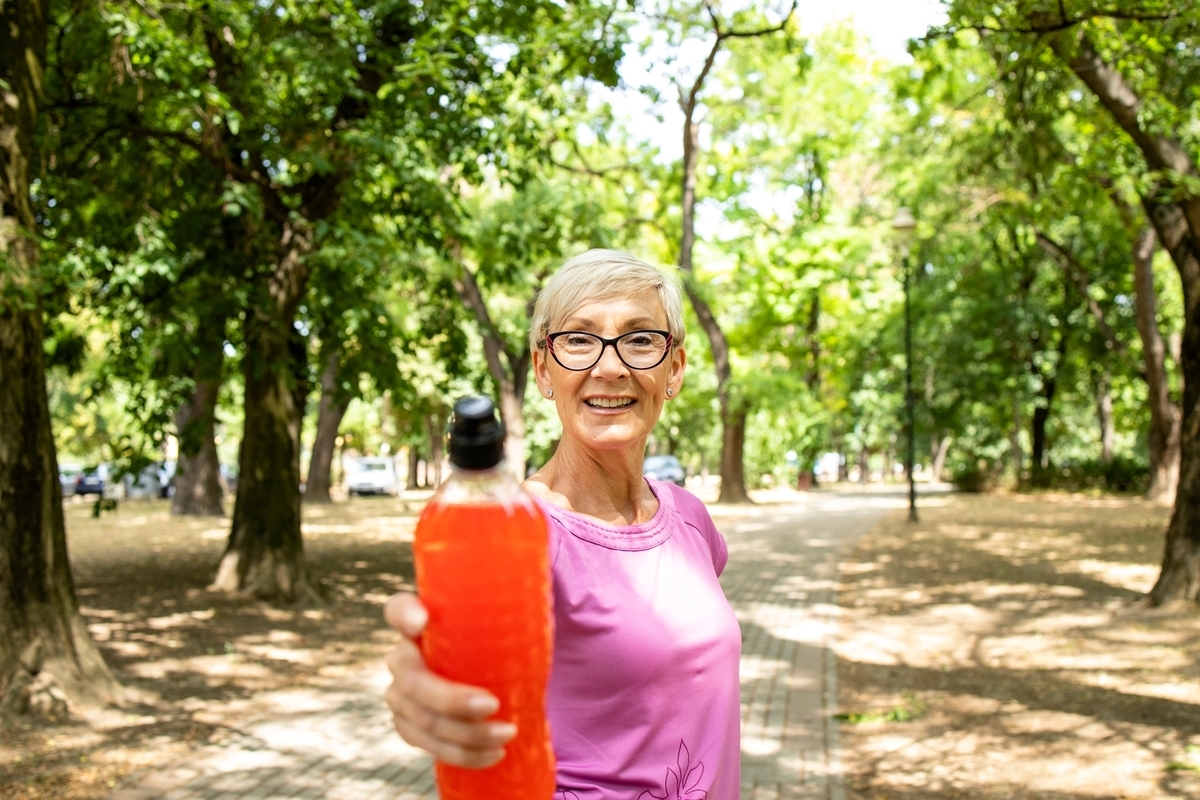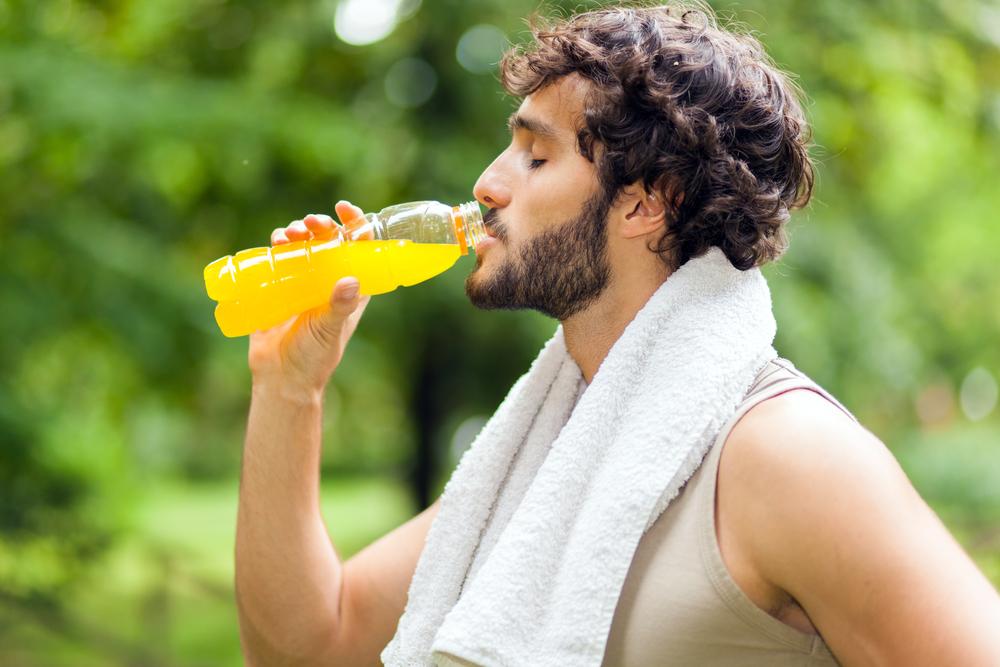Guidelines for Choosing the Ideal Electrolyte Beverage
Discover essential tips for selecting the right electrolyte drink to optimize hydration and performance. Learn about key ingredients like sodium, potassium, and carbohydrates, and understand what to avoid. This guide helps athletes and active individuals choose healthy, effective electrolyte beverages for better recovery and energy. Find out how to read labels and select drinks without artificial additives or excess sugar, ensuring safe and efficient electrolyte replenishment during physical activities.
Guidelines for Choosing the Ideal Electrolyte Beverage
Tips for selecting the best electrolyte beverage
Electrolytes comprise vital minerals and salts necessary for the body's proper function. Key components include sodium, potassium, calcium, and magnesium, which help maintain fluid balance within cells and regulate blood pH. A deficiency can impair heart, muscle, and nerve performance.
Historically, water sourced from mountains and springs provided these minerals naturally. Today, however, water often undergoes purification, which can lead to electrolyte imbalance. Consequently, the market is flooded with various electrolyte drinks, each with unique nutrient profiles and flavors. Here's how to choose the right one:
Essential ingredients
Opt for scientifically formulated electrolyte drinks containing appropriate levels of minerals and vitamins to compensate for mineral loss during physical exertion. The product should align with the needs of athletes and active individuals to enhance performance.
Water content
Hydration is crucial; thus, the drink should primarily provide water. Avoid carbonated or sparkling waters, as they may cause discomfort. Fluid intake should match the body's needs, especially during intense activity.
Sodium levels
Look for drinks with 50-150 mg of sodium per 8 ounces. Sodium replenishes lost levels and helps regulate blood pressure during exertion.
Carbohydrates
During endurance activities, the beverage should contain at least 30-40 grams of carbohydrates per serving to reduce fatigue. A typical electrolyte drink provides around 13-19 grams per 8 ounces.
Potassium content
Every serving should include 20-50 mg of potassium, which supports nutrient transfer and blood pressure regulation by controlling fluid flow in cells.
To optimize recovery and electrolyte replenishment, choose drinks free from artificial ingredients and excessive sugars. Artificial sweeteners can offer quick energy but may be harmful long-term. Always test new drinks to observe how your body responds, especially regarding digestion.
Tags – Electrolyte Drinks, Hydration, Sports Nutrition
Note:
Our content aims to provide practical and insightful information across various categories. Always consider consulting a healthcare professional before making significant changes, as individual needs vary. The site is for informational purposes only and not a substitute for professional advice.










